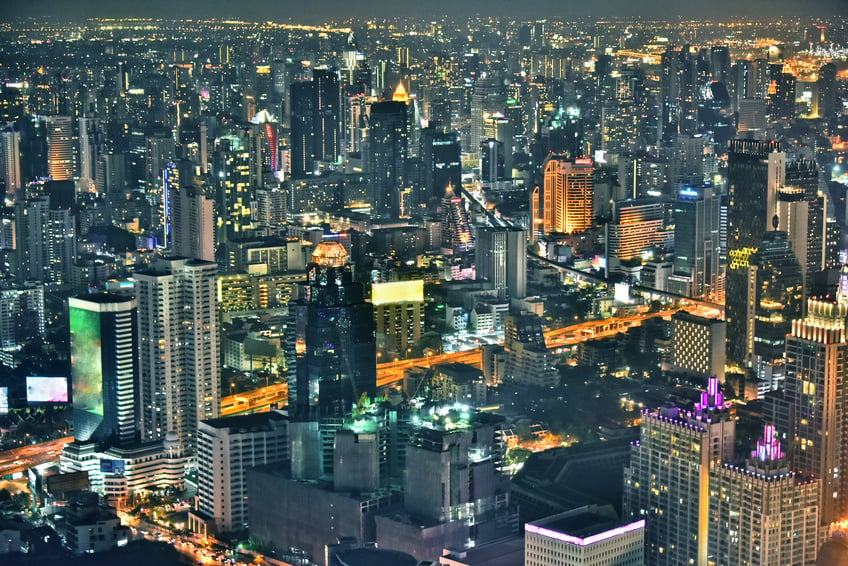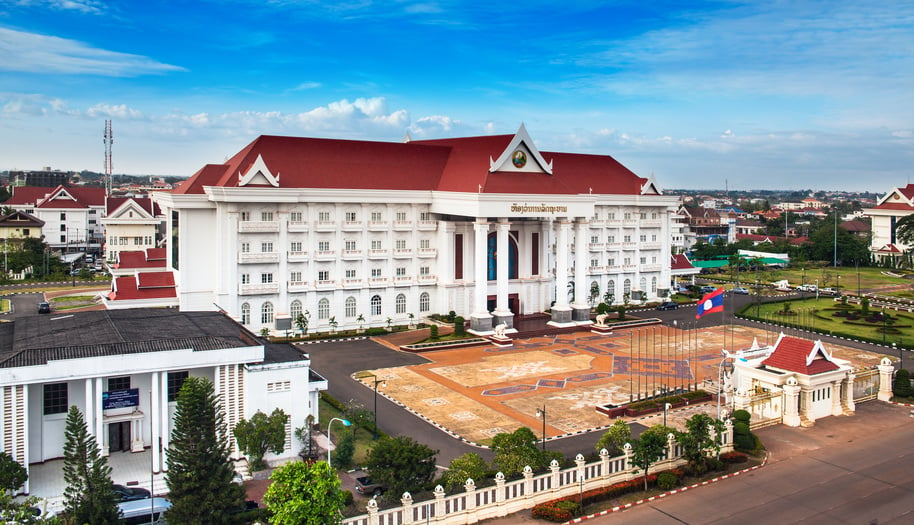The Department of Industrial Works recently introduced the Draft Industrial Waste Management Act (DIWMA), which remained open for public hearing until 1 April 2025. Similar to some other draft waste laws, namely the Draft Sustainable Packaging Management Act and the Draft Waste Electrical and Electronic Equipment Management Act, the DIWMA adopts the Extended Producer Responsibility principle, obligating operators of industrial establishments to be responsible for the industrial waste they generate until it is fully treated or disposed of.
The Department of Climate Change and Environment (DCCE) launched the second draft of the Climate Change Bill (“Bill”) in November 2024 for a public hearing. Some of the key revisions include provisions similar to the EU’s Carbon Border Adjustment Mechanism, adjustments made on the Emissions Trading System (ETS) and carbon tax provisions under the Bill. The Bill is expected to be submitted to Parliament for approval in 2025.
The Joint Crediting Mechanism (JCM) initiative, led by Japan, offers a significant opportunity for Thailand to advance its decarbonization efforts through financial support for cutting-edge technologies. By participating in JCM projects, Thai companies can obtain financial support from the Japanese government, enhancing efforts towards implementing effective greenhouse gas mitigation and removal measures, which in turn aids in achieving Thailand’s declared GHG reduction targets.
The Food and Drug Administration now allows for the referencing of medical device application dossiers and transfer of product registration licenses.
The deadline for renewing the drug product registration license is approaching. All renewals must be submitted by 12 October 2024
The Food and Drug Administration has recently updated a number of regulations related to certain medical devices to ensure that they are carefully monitored and controlled, have prescribed quality standards, and are safe for consumers. The updated regulations relate to alcohol detecting devices, positive airway pressure devices and dentistry devices.
To promote and support research and development of medical devices in Thailand, the Ministry of Public Health and the Food and Drug Administration have recently issued several notifications providing additional guidance for manufacturers or importers of certain medical devices seeking exemptions from licensing requirements (i.e., the manufacturing or import license, and the product registration license) under the Medical Device Act.
The Thai Food and Drug Administration (FDA) has recently issued two notifications, namely the Notification of the Ministry of Public Health Re: Good Manufacturing Practice, B.E. 2566 (2023), and the Notification of the Ministry of Public Health Re: Good Importing and Sales Practice, B.E. 2566 (2023). These notifications aim to regulate the quality systems of medical device manufacturing facilities, as well as importers and sellers of medical devices.
The Department of Climate Change and Environment under the Ministry of Natural Resources and Environment is pushing ahead with the second draft of the Climate Change Bill (“Bill”), which is currently undergoing the process of public hearing until mid-April 2024. It is expected that the Bill will be considered by the cabinet for approval in principle in June 2024.
The Bill lays out Thailand’s action plan for climate actions and, importantly, imposes obligations and penalties for the private sector for the purposes of advancing climate mitigation and adaptation efforts. Some of the key elements of the Bill are summarized in this article.
Thailand is taking the next step towards strengthening the legal framework on air quality control as the Cabinet approved in principle the Draft Management for Clean Air Act (“Clean Air Bill”), which was proposed by the Ministry of Natural Resources and the Environment (MONRE) on 28 November 2023. Thailand’s current legal framework to manage air quality can be seen in many existing laws that regulate the monitoring and treatment of air pollution, and specify air quality standards. There are many governmental agencies acting as regulators for the purpose of air quality control, including the MONRE, the Ministry of Industry, and the Ministry of Public Health.






